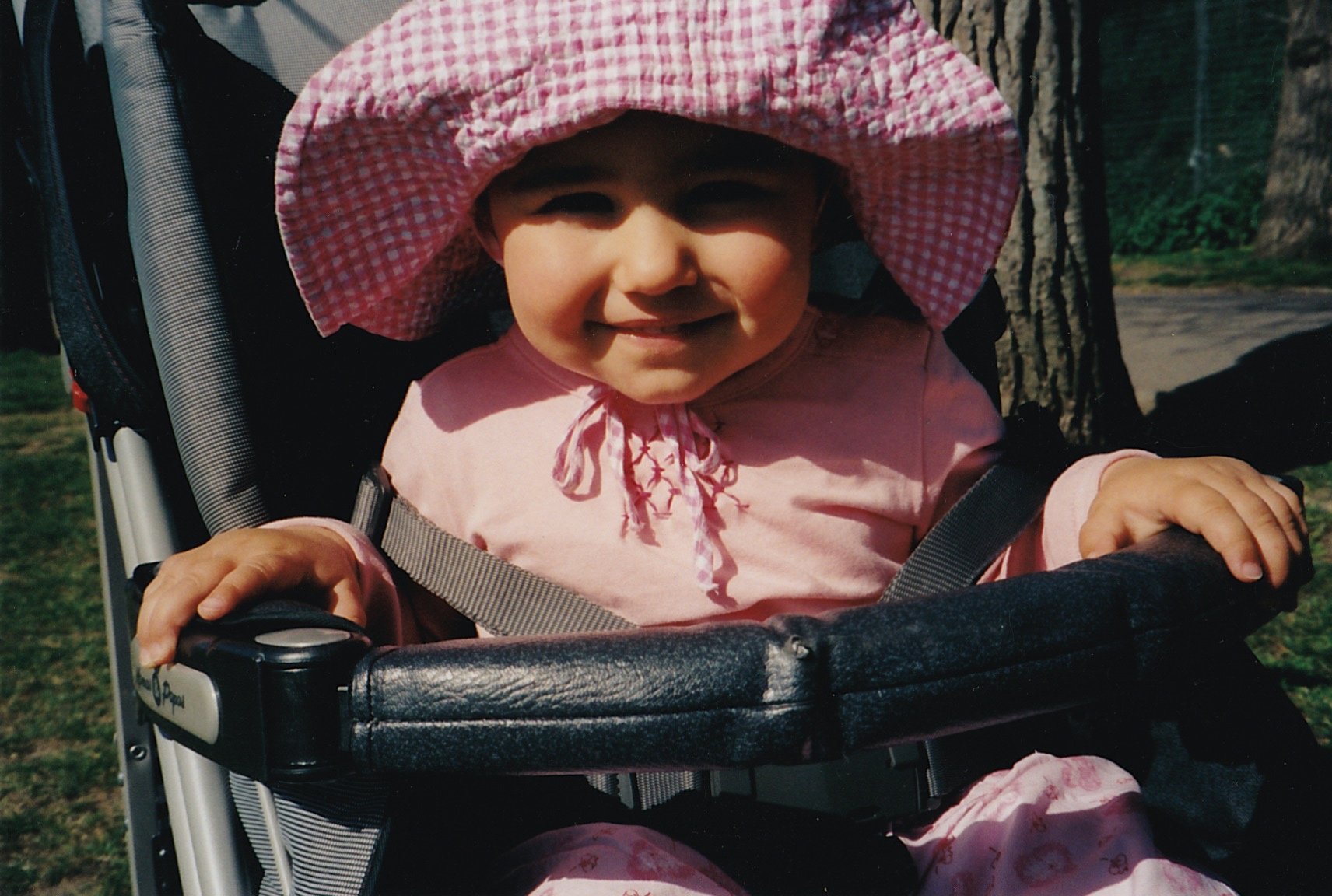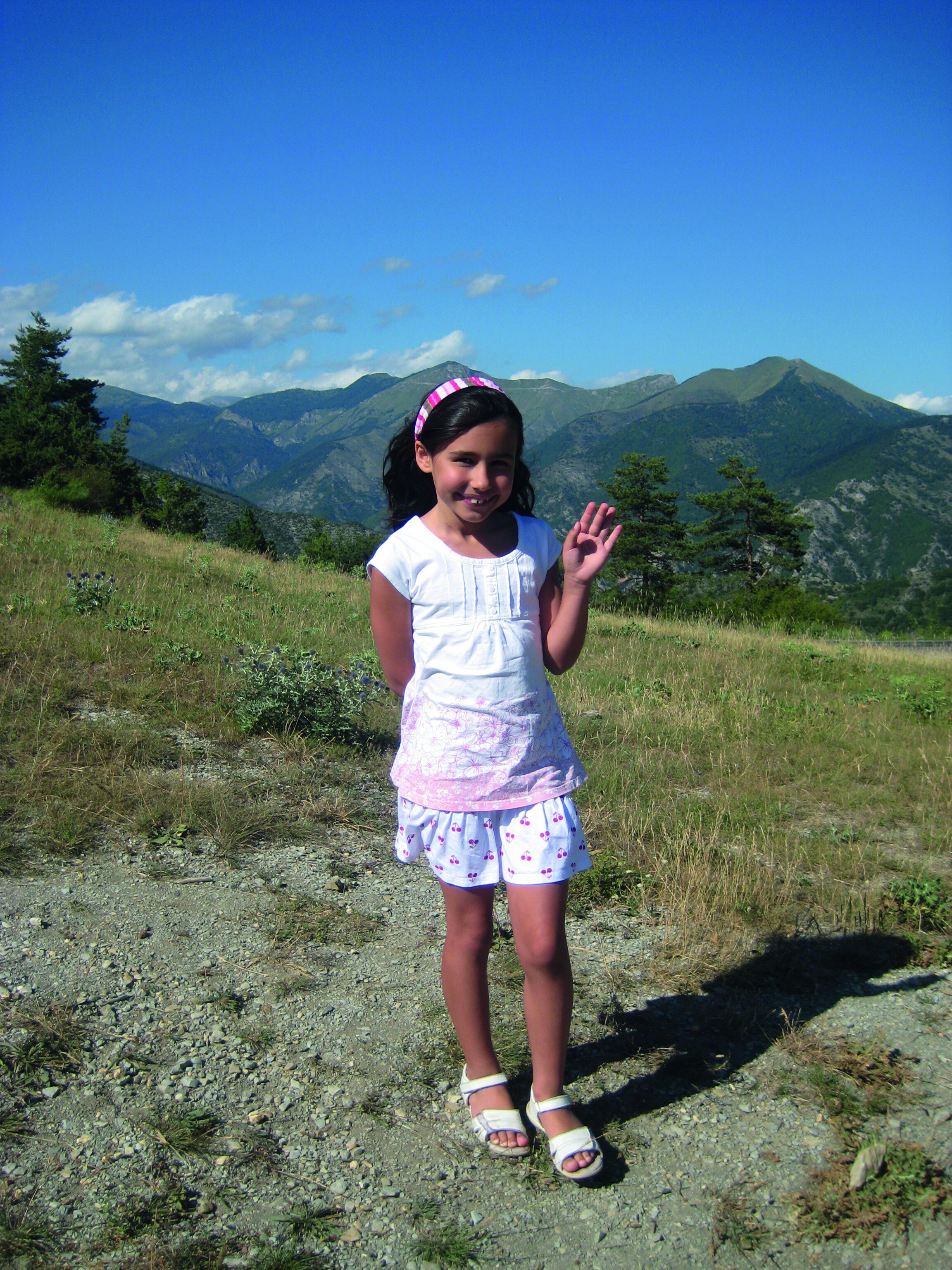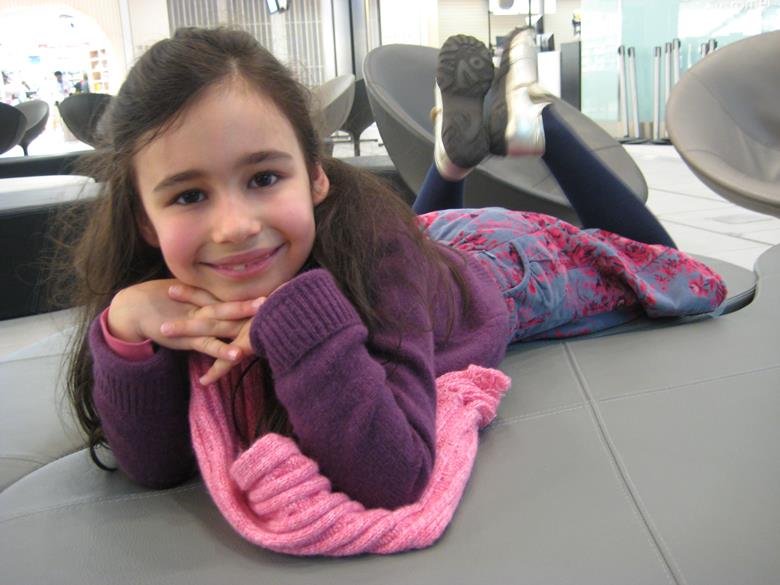To Give Hope, Real Hope.
The numbers of children living with diagnosed food allergies is increasing very year and it’s now affecting adults too. Many of you will remember food allergies as being rare or even non-existent when you were at school. If you have children aged twenty years or younger, they will very likely have friends with food allergies, or they may even have food allergies themselves.
Scientists call allergies a ‘modern-day epidemic’. There are between 2 and 3 million people in the UK living with food allergies and up to 1 in 8 of them are children.
Natasha was 6 months old when she experienced her first life-threatening allergic reaction – called anaphylaxis. We were on holiday in Spain and I gave her a tiny piece of banana for the first time. Within minutes her lips and face swelled out of all proportion as again she screamed in terror and pain. At the hospital, doctors weren’t able to inject her with life-saving adrenaline because they said her veins were too small. We had to wait to see if she would survive.
Back at home we saw our GP, who although sympathetic, was not overly concerned. She said Natasha was a good weight and reaching her milestones so not to worry. My gut instinct told me the opposite. I was really worried about weaning her onto milk formula in case she had a dairy allergy but our GP insisted she would be fine. She finished a quarter of her bottle and refused to drink anymore. Within 5 minutes Natasha had her second anaphylactic reaction which was as horrific as the first one. We rushed her to A&E and again no vein could be found. Once again she somehow survived.
During these months, no help or advice was ever offered to us. It's crazy how alone, vulnerable and scared we were as parents to an allergic baby. I was on constant high alert and relied almost entirely on my gut-instinct. I questioned everything. I was afraid to feed her new foods, what if she had another anaphylactic reaction?
In 2001 very little was understood about allergies and advice from those we most trusted was rarely informed. We know that improvements have since been made but we also know there is still a very long way to go. The many letters and emails that we receive from people with allergies and frightened parents of allergic children are testament to this. The world we live in still hasn’t caught up with understanding that allergy is a disease of varying degrees. It is a compromised immune system that at its most dangerous, swells and closes airways and can kill very quickly.
Natasha was 15 years old when she died. She was going for a short summer break with her dad and best friend. At the airport before boarding the plane she ate a baguette sandwich from Pret a Manger. The label had incomplete ingredient labelling and didn’t mention the sesame seeds that she was allergic to which had been baked into the dough of the bread. Had it done so, she would be alive today.
During the inquest, we were asked the question, 'What would you personally like to come out of everything that you have been through in the last few years? Clear ingredient and allergen labelling on all pre-packed foods was our obvious and immediate response.
But there was something else too...a long-ago memory came to mind, it was a memory I’d been happy to forget because at the time, it had driven me to a feeling of incredible hopelessness.
When Natasha was about 18 months old, I went to a seminar where a panel of Allergy Specialists would share what was the latest in allergy research. Medical research could hold the key to giving Natasha a life that was free from danger, a life where food was safe and maintained life, not the opposite.
At the seminar, the specialists gave their talks. They each described research methods, trials and conclusions but none of the conclusions led anywhere that was meaningful.
I was horrified, was this all?
In the Q&A’s, a mother in the audience shared how incredibly grateful she was to her local hospital A&E department with whom she was on first-name terms because her son had been admitted so many times. The medics had saved her young son’s life from anaphylaxis on numerous occasions and whilst I completely understood her sentiment, all hope for Natasha’s future drained out of me in that moment. I had attended the seminar looking for hope but had found none. Instead, I had found hopelessness.
So when years later I was asked the question, “What would you personally like to come out of everything that you have been through in the last few years?”
My answer was ‘HOPE’.
Hope for people living lives that are dictated and led by food allergies as ours had been. Hope for a safer future for our children, a future where food is not to be feared, where accidentally eating an allergen isn’t the stuff of nightmares.
On our journey since Natasha’s inquest, we have launched The Natasha Allergy Research Foundation, have implemented Natasha’s Law across the UK and have funded the Natasha Clinical Trial, a ground-breaking medical study across 5 University Hospitals to help treat children and young people with food allergies. We have asked the food industry to take this issue very seriously and Tesco listened right from the start. Tesco have been instrumental through generous donations over the last three years, to help us fund our first ‘Natasha Clinical Trial.’ This trial we hope will prove that there is a viable treatment that can be taken up by the NHS and will improve the lives of many families who fear food allergies every single day.
Looking back on Natasha’s childhood, we had very little hope that her allergies would ever improve and no one seemed to care otherwise. Having no hope is unacceptable to living a fulfilled life. I would die a million deaths to change the past but I can’t and so her legacy will continue through The Natasha Allergy Research Foundation - to help others.





